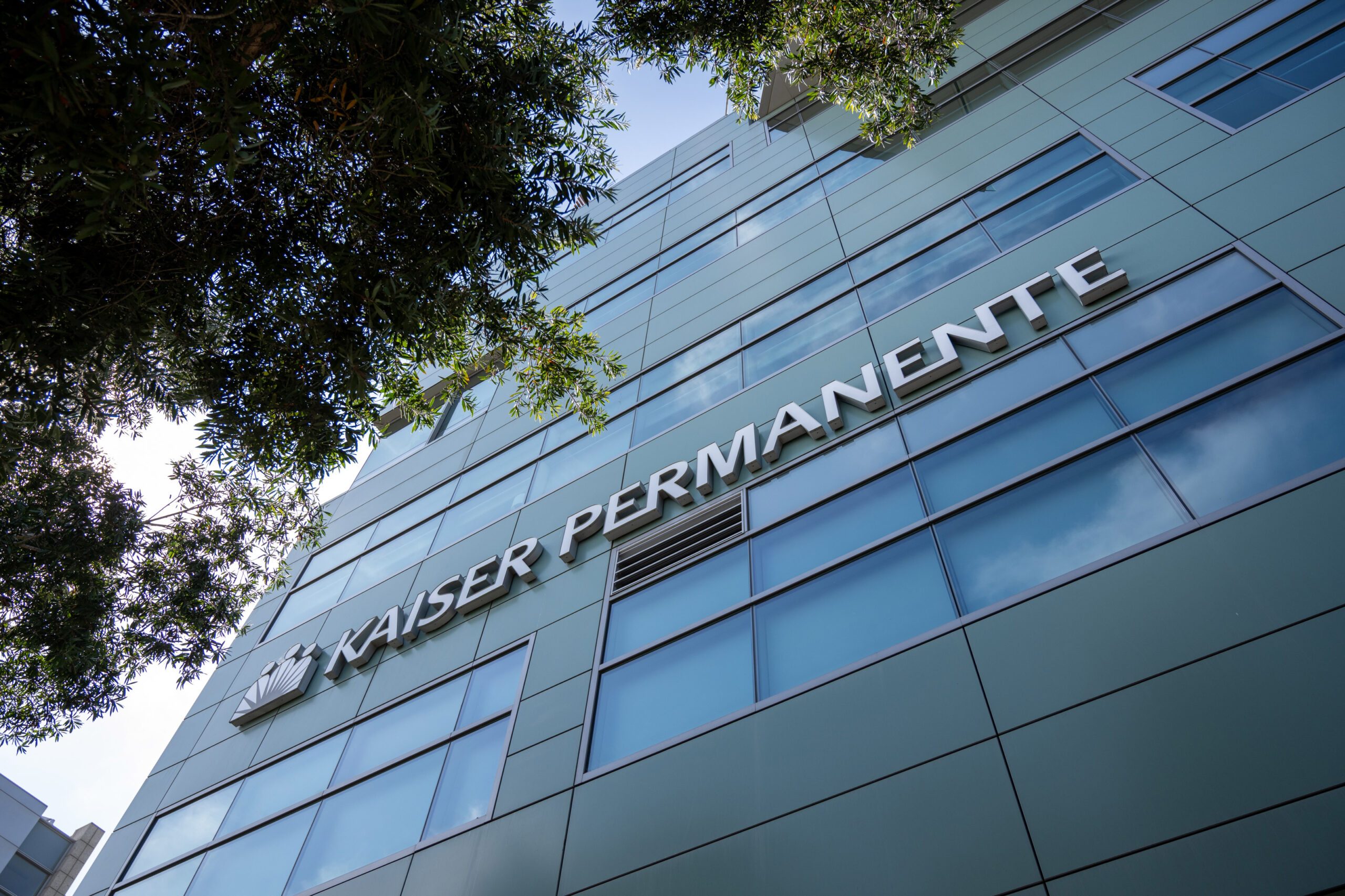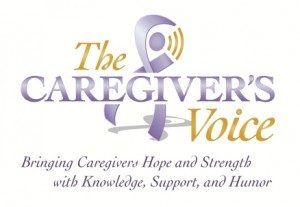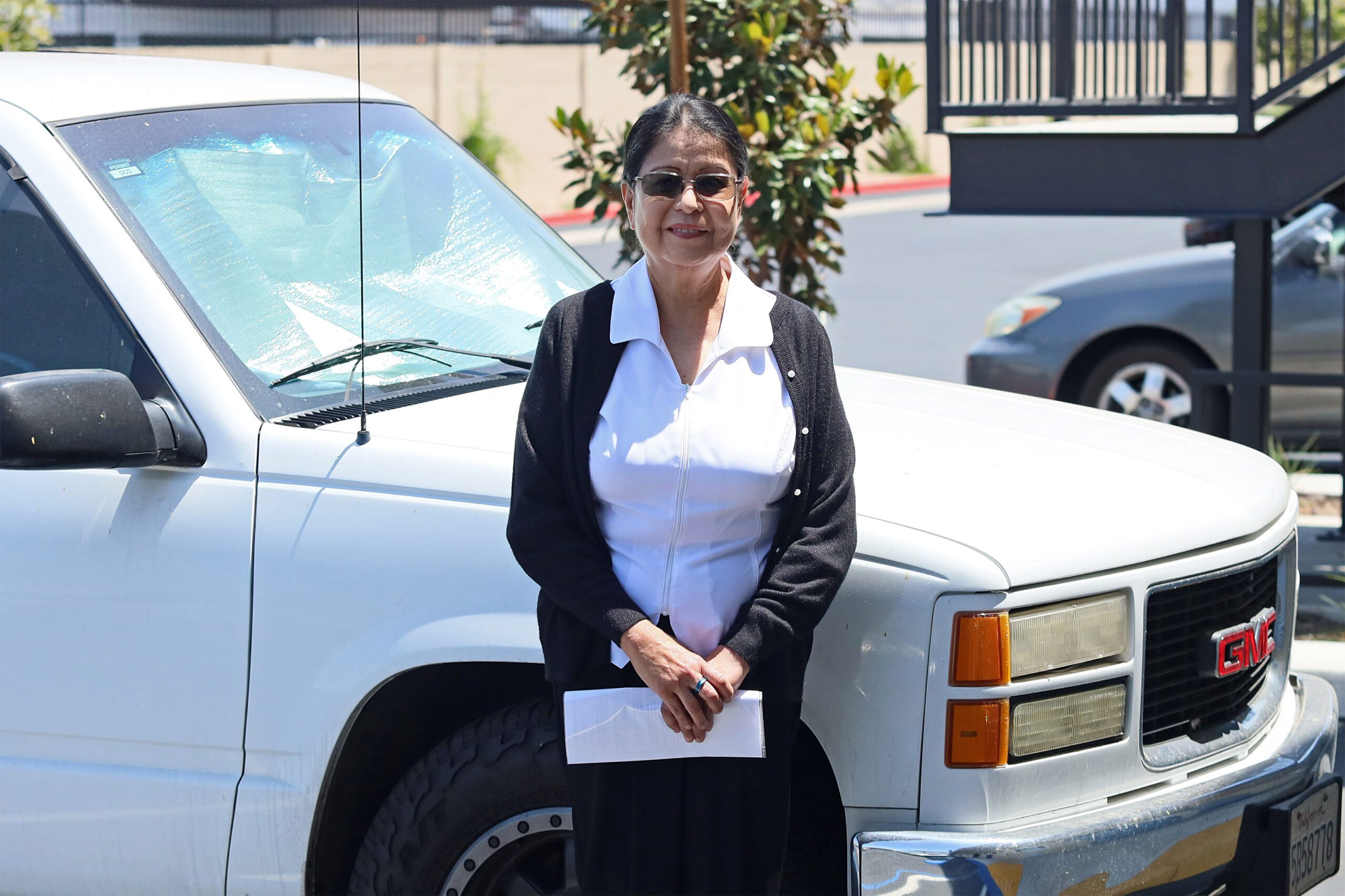A pioneering medical procedure has given a young mother her life back after cancer tried to take it from her.
When Nathalie Brett, from Witney, Oxfordshire, first felt a lump in her breast, she was only 23 years old and was studying tourism management at Bournemouth University. She went to her doctor to have it checked out but was reassured that she was too young for breast cancer and that the lump was likely due to changes in her hormones.
Just over a year later, however, she got the crushing news that she had breast cancer after dealing with exhaustion, depression, and the growing lump, which eventually “attached” to her nipple. She went back to the doctor and found out it had been cancer all along.
“I was in this waiting room, I was half the age of just about everyone there,” she recalls. “My mum was probably the person closest to me in age. I didn’t belong in that waiting room. When you’re given such unexpected and traumatic information, I think your body goes into shock. I can’t even remember crying in the hospital, but I broke down in the car.”
Not only was Nathalie diagnosed with breast cancer, however, but it was stage IV metastatic cancer and was considered incurable, due to the fact that it had already spread to her bones, specifically her breastbone. Cancer that exists in the bones is considered inoperable. Nathalie was told she may only have about three years to live.
Desperate to get as much time as she could, Nathalie underwent more than 100 rounds of chemotherapy and radiotherapy treatments over the next several years, as well as a single mastectomy of her left breast. She believed that she’d have to continue undergoing treatments for the rest of her life to keep the cancer at bay, and she was told she’d never be able to have children. That was the one thing, she says, that made her felt like she didn’t want to keep fighting.
“The choice was taken away from me at such a young age and I cried whenever I saw someone with a child,” she says.
But Nathalie proved everyone wrong—twice. In 2020, she and her husband got pregnant with their “miracle baby,” Elsa.
“I came from a state of feeling so unwell, with my body and medication fighting each other to doing the most natural thing in the world and I felt wonderful. It was great,” she says. “Holding Elsa felt completely surreal. It was the most beautiful day of my entire life. She was perfect. It’s almost indescribable. She’s a bit of an extra miracle. She’s the girl who should have never been born.”
And when Elsa was several months old, Nathalie underwent a brand new type of surgery to remove her breastbone and replace it with a donor breastbone.
The surgery, which is called an allograft sterno-clavicular reconstruction, took 10 hours to complete at Oxford’s John Radcliffe Hospital, with six surgeons, two anesthesiologists, and 10 support staff attending. Her entire breastbone and part of her collarbone were replaced.
“I was baffled that they were able to even do something like this and I was excited at the prospect of what it could bring,” says Nathalie. “I was offered a once in a lifetime operation, and, although it was a hard decision to make, I had to take the chance, even if it had never been done before. I had complete faith in the team, which made the decision a bit easier.”
Happily, the surgery was a success. The surgery was eradicated from Nathalie’s bones, meaning her cancer is now much more treatable, and she may have a much longer life ahead of her than she thought she did. The cancer in her breastbone would no longer possibly become immune to treatment.
“For the first time in a very long time I can see a future in which I might get to grow old and, most importantly, get to see my daughter grow up,” says Nathalie. “The transplant has given us hope that we didn’t have before.”
It’s strange, the things that change when you go from not having a future to suddenly having one again. For Nathalie, the surgery meant suddenly needing to plan for things she never thought would happen, such as retirement.
“I need to look at a pension scheme and go to the dentist again. For almost 10 years, I was living three months at a time and I’d never allowed myself to think of the future, as there was a distinct possibility that it would never happen. Now I often have to remind myself that I can look forward to every milestone, and every little thing.”
Of course, Nathalie’s surgery didn’t actually cure her cancer. But it has changed everything else about her future and given her renewed hope.
“I will still have to live with cancer and be on treatment for the rest of my life, but I will, hopefully, be able to live for much longer.”
Congratulations, Nathalie! And thank you to the doctors and hospital staff who made this possible! We love seeing modern technology and innovative thinking make a difference in people’s lives.
Provide Mammograms
Support those fighting Breast Cancer at The Breast Cancer Site for free! →
WhizzcoOriginal Article










